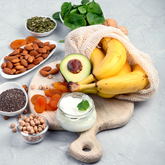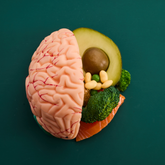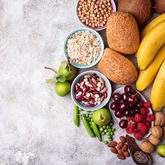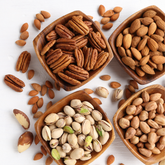We often hear the blanket recommendation: "Drink eight glasses of water a day." But is it really that simple? The science of hydration is far more nuanced, influenced by individual factors such as body composition, activity level, environment, and even diet.
Water makes up about 50-70% of an adult's body weight and is essential for virtually every bodily function: regulating temperature, transporting nutrients, cushioning joints, and aiding digestion. Dehydration can impair physical performance, cognitive function, mood, and even immune response.
Individual Hydration Needs
Scientific research shows that hydration needs vary widely. The National Academies of Sciences, Engineering, and Medicine recommends:
- Men: About 3.7 liters (125 ounces) of total water per day.
-
Women: About 2.7 liters (91 ounces) of total water per day.
This total includes all fluids consumed, as well as moisture in food. For example, fruits and vegetables like watermelon, cucumbers, and oranges are rich in water content.
Factors Affecting Hydration Needs
- Physical Activity: Exercise increases fluid loss through sweat. The American College of Sports Medicine suggests drinking 400-800 mL (about 13-27 ounces) per hour of exercise depending on intensity and climate.
- Environment: Hot, humid, or high-altitude conditions can increase fluid needs significantly.
- Diet: High-protein, high-fiber, or salty diets can elevate water requirements, while diets rich in fruits and vegetables contribute to hydration.
-
Health Conditions: Illnesses such as fever, diarrhea, or urinary tract infections may necessitate additional fluids.
Can You Drink Too Much?
Yes. Hyponatremia (water intoxication) occurs when excessive water intake dilutes blood sodium levels, leading to dangerous symptoms. It is rare but can happen in extreme endurance athletes or when large volumes are consumed rapidly.
While guidelines are helpful, your body provides clear signals. Thirst is a reliable indicator for most people. Other signs of adequate hydration include light-colored urine, moist skin, and good energy levels.
Smart Hydration in Daily Life
- Start your day with a glass of water.
- Sip fluids consistently rather than consuming large amounts at once.
- Include hydrating foods in your meals.
-
Adjust intake based on activity, climate, and individual needs.
Hydration is deeply personal, and while general recommendations provide a good starting point, the key is to stay attentive to your body’s cues. The Watery make it easy to enjoy pure, clean, filtered water at home, supporting your daily hydration in the most natural way.















